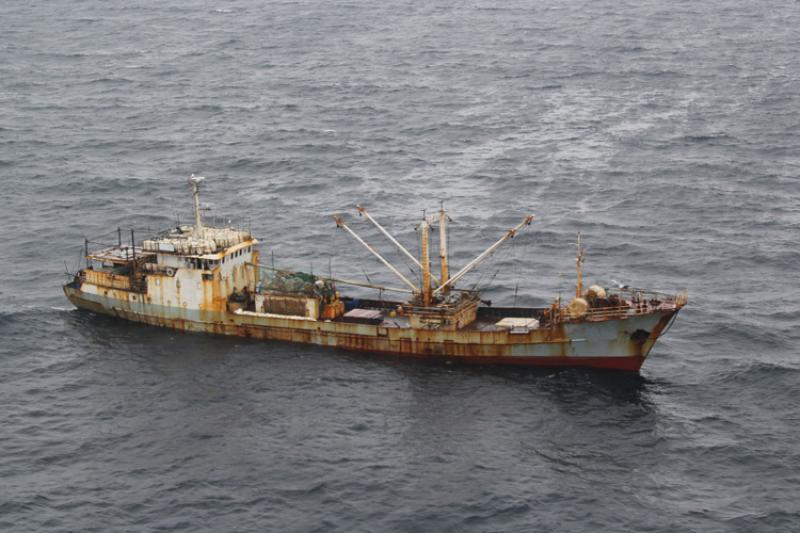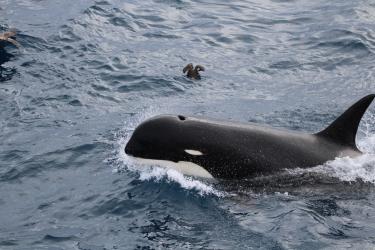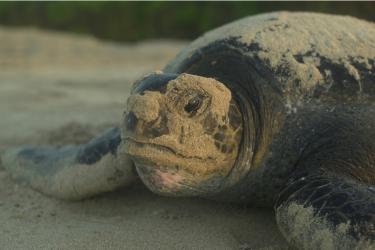The global fight against illegal, unreported, and unregulated (IUU) fishing is challenging, but we are making progress. The United States is developing and implementing regulations that make it harder for seafood products associated with illegal, or fraudulent practices to enter our markets. We are increasingly supporting international measures, like the Global Record of Fishing Vessels, Refrigerated Transport Vessels and Supply Vessels (the Global Record) to collect and verify information to improve the likelihood that illegal products will be detected.
IUU fishing threatens valuable natural resources that are critical to global food security and puts law-abiding fishermen and seafood producers at a disadvantage. Fisheries authorities and regional fisheries management organizations face many obstacles in detecting and combating IUU fishing. One such obstacle is a lack of access to core information on fishing vessel identification, ownership, control and activity. The Global Record was launched in 2018 by the Food and Agricultural Organization and is partially funded by NOAA Fisheries. It is a collaborative, global initiative to make available reliable data from authorities about vessels and vessel-related activities. This makes it much more difficult and expensive for vessels and companies acting illegally to do business.
How does the Global Record work?
The United States’ international work to combat IUU fishing
NOAA Fisheries has been a key supporter of Global Record, working with our international partners, in its launch and development. In the fight against IUU fishing activities, the United States uses multiple tools to tackle the problem, with the goal of leveling the playing field for U.S. fishermen. The Global Record is expanding our nation’s capabilities in this fight.
Working with other U.S. government agencies, foreign governments and entities, international organizations, non-government organizations, and the private sector is crucial to effectively combat IUU fishing. Learn more about our international efforts to combat IUU fishing.




